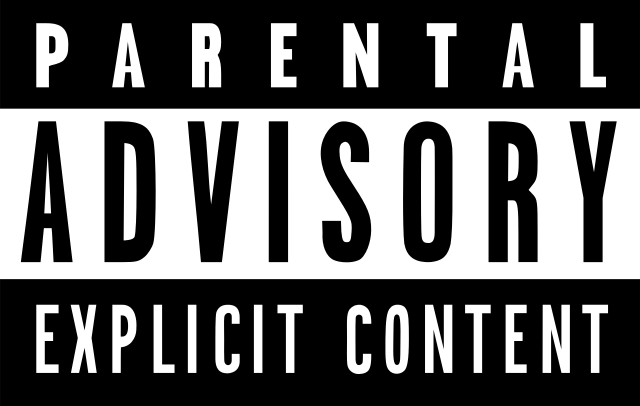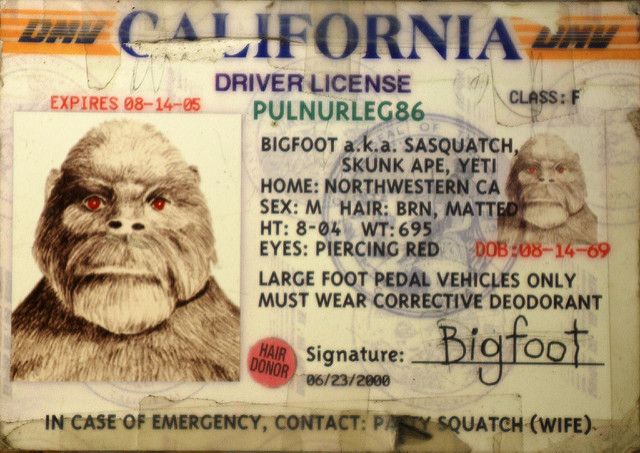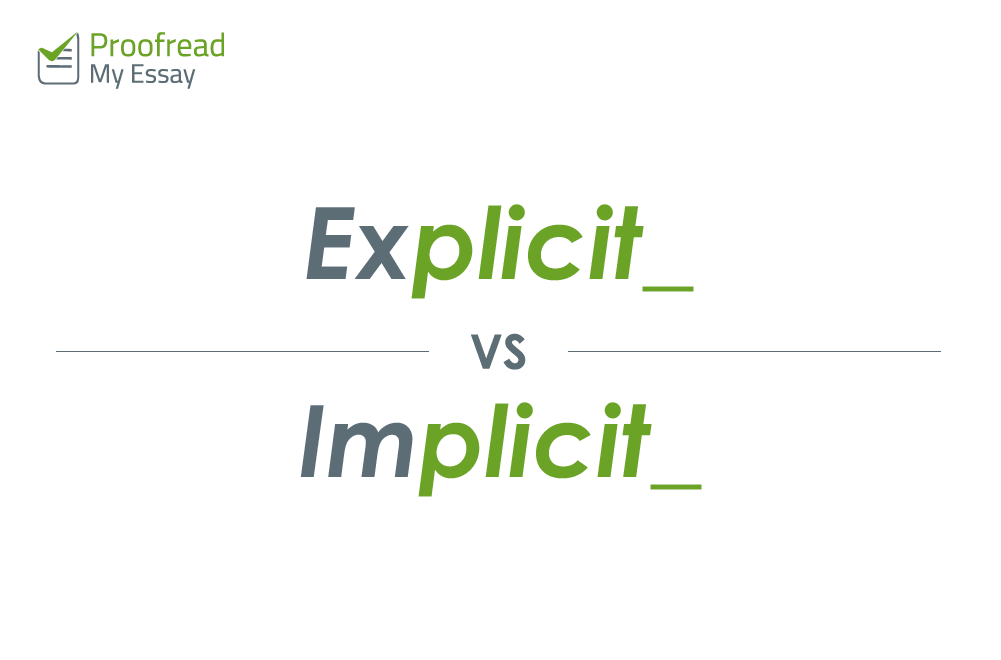Antonyms (i.e. words with opposite meanings) often look similar. Take ‘explicit’ and ‘implicit’, for example: both are used for explaining how ideas are expressed, and they’re easy to confuse if you’re not careful.
However, doing so would completely change the meaning of a sentence. To avoid mistakes, check out our guide on how to use ‘explicit’ and ‘implicit’.
Explicit (Fully or Clearly Expressed)
When we say something is ‘explicit’, we mean that it’s fully or clearly expressed. In academic writing, this usually refers to an idea being stated directly:
Smith states explicitly that the hair samples verify the existence of Bigfoot.

More generally, we use ‘explicit’ when something is clear and unambiguous:
I’ll leave explicit instructions so that you don’t overfeed the fish while I’m gone.
In addition to this, ‘explicit’ is sometimes used in relation to adult language, violence or sexual content in films and other media, w typically leave little to the imagination!

Find this useful?
Subscribe to our newsletter and get writing tips from our editors straight to your inbox.
Implicit (Unstated or Expressed Indirectly)
‘Implicit’ means ‘unstated’ or ‘expressed indirectly’. In academic writing, this indicates that an idea is implied by what someone says even though they don’t state it directly:
Jones’ skepticism about Bigfoot is implicit in her criticism of Smith’s methods.
We also use implicit when something goes without saying, such as when we have ‘implicit trust’ in someone or something.

(Photo: Redwood Coast/flickr)
Explicit or Implicit?
It’s vital to pick the right term when using ‘explicit’ or ‘implicit’ if you want to express yourself clearly. Keep in mind that the ‘ex-’ at the start of ‘explicit’ is the same as in ‘expressed’, since something ‘explicit’ is fully expressed.
The ‘im-’ at the beginning of ‘implicit’, meanwhile, is the same as in ‘implied’, since something ‘implicit’ is only implied rather than clearly stated. Remember:
Explicit = Fully or clearly expressed
Implicit = Unstated or expressed indirectly



